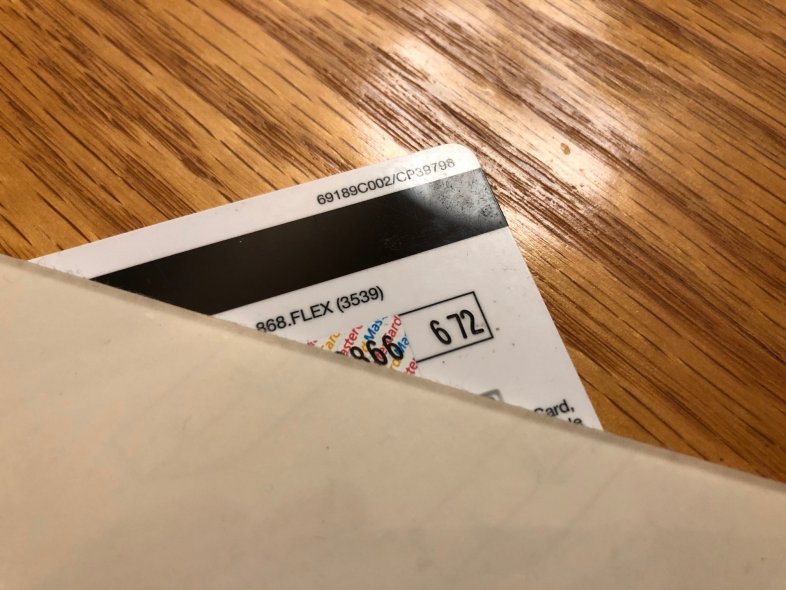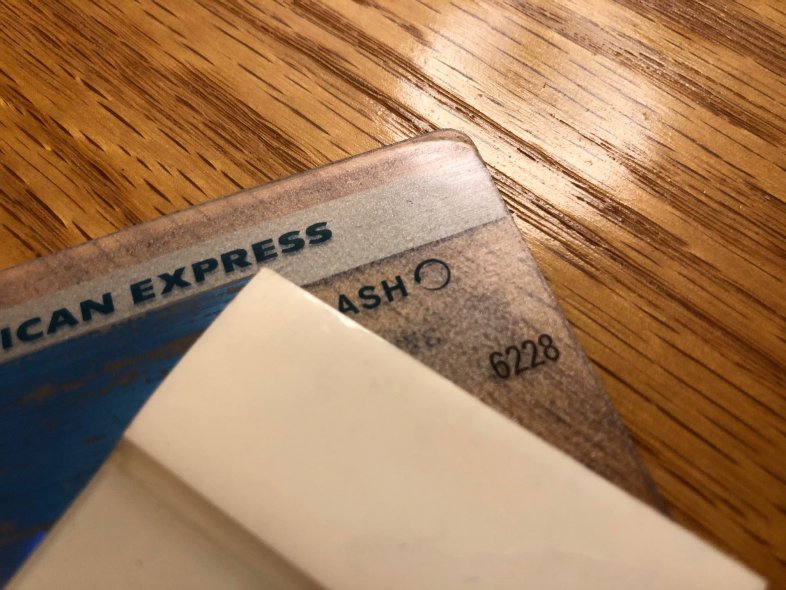How to Find the CVV on Your Debit and Credit Cards
When you want to use your credit or debit card to make a purchase online, you need to provide your card information.
Typically, that includes your card number, your name, your billing address, and the expiration date for your card.
You also have to provide a security code, or CVV, for your card.
CVVs provide an extra layer of security for transactions involving your credit card and are important to know about.
What is a CVV?
A CVV, or Card Verification Value, is a 3- or 4-digit number that acts as an additional security measure when it comes to credit or debit card fraud.
There are many names for CVVs, including Card Security Code (CSC), Card Verification Data (CVD), Card Verification Number (CVN), or Card Verification Value Code (CVVC).
All of these terms refer to the same concept, an additional set of numbers required for transactions where you don’t physically swipe your card or insert its chip.
Most cards have two CVVs, one printed directly on the card and one encoded in the magnetic stripe or chip.
When a merchant swipes your card, the card processor sees your card number and the CVV encoded on its magnetic strip.
This lets the processor know that the card is physically in the hands of the merchant and that you’re making an in-person transaction.
When you use your card to make a purchase over the phone or internet, you provide the CVV that’s printed on the card. This is different from the CVV encoded on the card’s chip or magnetic strip.
When a transaction processor sees this CVV, it knows that the transaction doesn’t involve in-person interaction and is instead occurring over the internet or phone. That lets it keep a closer eye on these types of transactions to prevent fraud.
What is the Purpose of a CVV?
The purpose of a CVV is security.
It’s an additional piece of information that fraudsters would need to get if they want to use your credit card without your authorization.
There are some rules surrounding the use of CVVs that enhance the security they provide.
For example, online stores that store your credit card information cannot store your CVV information. If hackers break into the merchant’s database, they can steal information like your card number and expiration date but cannot access your CVV information because the merchant doesn’t store it.
Keep in mind:
Not every merchant asks for your CVV.
If you use your credit card once, the merchant may save the rest of your card details and let you complete transactions without it.
You can also fall prey to a phishing attack where you think you’re making a legitimate purchase but instead give your card details to a fraudster. If this happens, the fraudster can learn your CVV.
This means that CVVs offer an extra layer of security, but they aren’t perfect.
Where to Find a CVV?
Where you can find your card’s CVV varies among card issuers.
Visa, Mastercard, Discover
Visa, Mastercard, and Discover all use three-digit CVVs.

You can find your CVV on the right side of the signature box on the back of your card.
American Express
American Express uses four-digit CVVs instead of three digits like its competitors.

It also places the CVV on the front-right of the card rather than in the signature panel on the back.
Should You Tell Someone Your CVV Over the Phone?
CVVs are used when you make a “card not present” transaction, which is any type of purchase that does not involve swiping your card or inserting its chip.
It’s not unusual for someone to ask for your card’s CVV when you’re making a purchase over the phone.
Giving your CVV out over the phone isn’t always a bad thing, but it’s good to be wary.
Remember that if a fraudster gets your card information, including its CVV, it’s easier for them to make purchases using your card without your consent.
A good rule of thumb to follow:
Do not give your CVV to someone who called you.
You want to make sure that you’re speaking to a legitimate business and not someone posing as a business to try and steal your card information.
If you’re uncertain about the legitimacy of a caller, tell the person you’re speaking to that you will hang up and call them back.
End the call, the find a phone number for the company’s customer support line from a legitimate source, such as the company’s website.
When you initiate the call, you can feel confident that you’re speaking to someone who represents the company.
Tips
There are a few useful tips to remember about CVVs.
CVVs change when you get a new card
One is that CVVs change whenever you get a new card.
Credit cards expire or get lost.
When your card issuer sends you a new card, it usually has the same account number, but it will come with a new expiration date and CVV.
If you’ve memorized your CVV for making online purchases, you’ll need to remember to enter the new one.
Many online merchants will also make you re-enter your card details to account for the new expiration date, which means you’ll have to enter your new CVV.
CVVs differ with virtual account numbers
Another thing to remember is that CVVs will vary if you use a virtual card number.
Some card issuers, like Capital One, give you an extra layer of protection by letting you set up virtual card numbers to make online purchases.
You can create these virtual numbers and set your own credit limits for them.
You can use the virtual card number to make online purchases and limit the damage that someone can do if they steal the payment information because the number you used is different from your real credit card number.
Each virtual card number you create will have a different CVV.
CVVs are not 100% safe
Finally remember that while CVVs offer some additional protection, nothing is perfect.
There’s always the chance that someone can steal your card information and make purchases without your permission.
Keeping an eye on your accounts and reporting potential fraud as quickly as possible is still important.
Conclusion
CVVs offer additional security when you use your credit card to buy things online.
They’re not something you think about often, but it’s still good to know what they are and how they work.
Protect your card’s CVV and it can help keep you safe from fraud, but nothing can fully replace keeping a watchful eye on your credit card statements.

